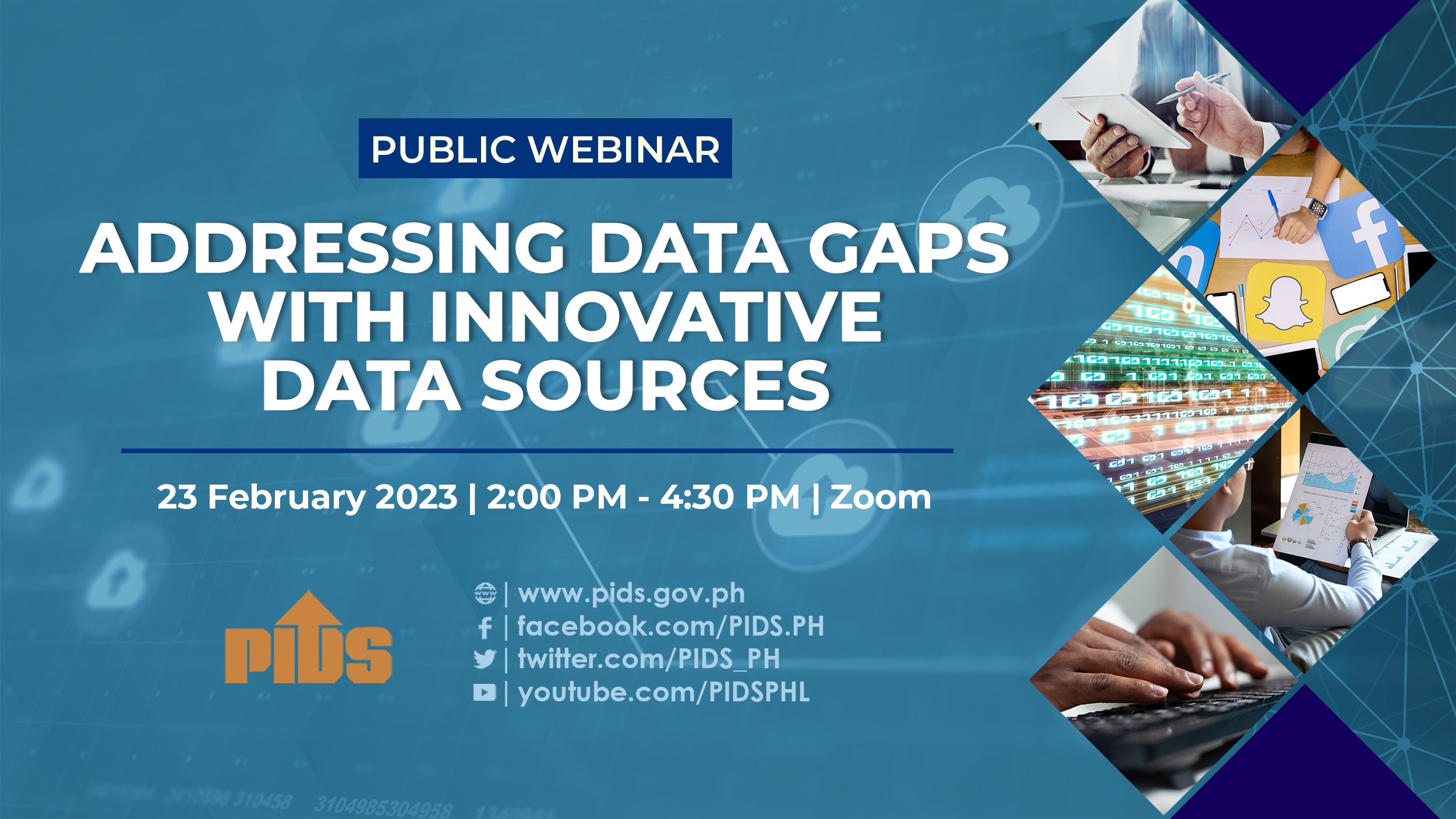IT IS HIGH TIME for the government to implement higher consumption taxes in a bid to offset foregone revenues as a result of lowering income tax, an official of the Philippine Institute of Development Studies (PIDS) said.
PIDS President Dr. Gilberto M. Llanto told reporters last Friday the government should consider raising excise tax on fuel, while backing a move in Congress to impose an ad valorem tax on soft drinks.
"Now’s the time to do it,” Mr. Llanto said.
"Ang importante sa kanya, broad-based. Kasi ang advantage ng consumption tax, walang makakatakas unlike the income tax na people can hide the income, they can reduce the taxable income (The advantage of consumption tax is that it’s broad-based. No one can hide from it.),” he said.
The government must reform the country’s taxation system to ensure "relief for the middle class” while providing "resources that could be used for more cash transfers for the poor,” Mr. Llanto said.
"I’m not against [the] lowering of income tax. What I’m saying is we have to look at it from a more holistic point of view. It’s not just a case of reforming, increasing personal exemption. You have to look at the whole system of taxation in the country,” he said.
While interest rates remain low, Mr. Llanto noted that the level of official development assistance funds, which can be used for programs to support social reforms, have been dwindling given the slowdown in Japan and Europe.
"Our only worry is it looks logical [and] maybe it’s the right policy. It will reduce the tax intake [but] we have these goals so how do you finance them,” Mr. Llanto said, referring to the Sustainable Development Goals (SDG) -- a sequel to the Millennium Development Goals.
This agenda will adopt 17 SDGs with 169 targets, covering economic development, social inclusion and environmental stability. --
Higher excise tax to offset revenue loss from income tax cut: PIDS












